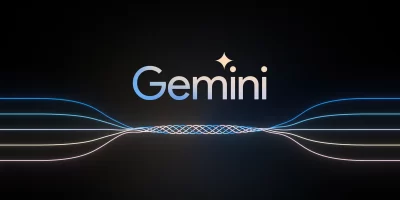A couple weeks back we heard rumors that RIM may set up their BlackBerry devices to support Android apps (even if the result is unintentional). This would be accomplished by deploying the Dalvik Java virtual machine in the operating system, the same as Android. Myriad has taken the idea one step farther with their Alien Dalvik.
Alien Dalvik is emulation software that uses a Dalvik wrapper to run Android applications on non-native devices, and run them well it does. Deployed on a Nokia N900, Alien Dalvik runs Android apps at a speed pretty comparable to how they would run on an Android device. The software is slated to land for all MeeGo-based devices later in the year. Support for more platforms is expected after that.
While it may not be much for us already using Android, but for the rest of the world wanting in on the action this could be big. It could even encourage yet more developers (if they needed encouragement) to head over to Android. I wonder what Google thinks of something like this…
[via MobileCrunch]









First! What this article is about again?
I think Google is OK with it. Myriad is part of OHA after all.
This might be what saves Palm. If people like their card based system, they can get the best of both worlds.
I can’t wait to see if Cydia will have this for jailbroken iphones.
This is somewhat of a nitpick, but it’s a Dalvik virtual machine, not a “Dalvik Java virtual machine”. That’s at the core of Google’s defense in Oracle’s current case against them, the fact that Google has never made any claims of distributing or using a Java virtual machine.
While a Dalvik VM no doubt shares several similarities with a Java VM, they are two fundamentally different beasts, the former being register-based while the latter is stack-based. They use different instruction sets and are optimized for different kinds of environments.
[/Pedantry] :)
Nitpik but a good explanation of a interesting issue. Thanks!
Only problem with this method that I see is the missing Android APIs. Would this not cause a problem? It would be like calling instructions that were not there.
Very good to hear for development!
Exactly, it’s huge for developers which will be huge for consumers. Win on all sides as platforms are pushed.
Very good idi idi idi bid Android is definitely the way to go but then I always did like the Java virtual machine which to all intensive purpose is really what Android is
Just makes life easier with xml based objects
One day we will have a common standard Great shame that IPhone cannot follow this example allowing developers freedom to do just this develop applications without all the usual American red tape story or white-house propaganda